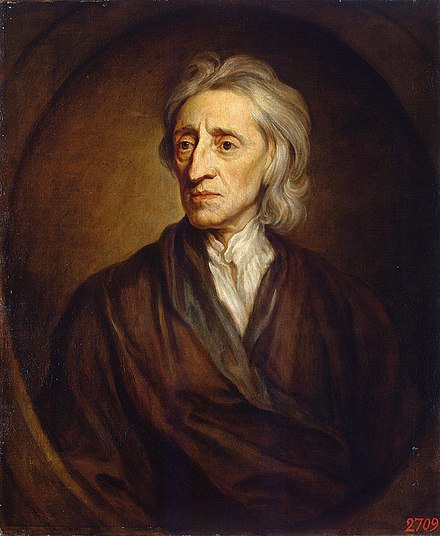
– By Grayling Peterson
As expressed by one of the namesakes of this publication, the rights to life, liberty, and property are fundamental rights that any liberal society ought to hold dear. However, one of these rights is more fundamental than the other two and can actually be seen to encompass them if viewed in its broadest sense, making it the fundamental right for a liberal society. So which is it? Contrary to what many readers might expect, this most fundamental right is the right to own property, or really, the right of individual ownership more broadly. How could this right of having things, which was swapped out for “the pursuit of happiness” in the Declaration of Independence, encompass, or even compete with life and liberty? It is not so much having things that make the right to property important, but the moral status and implications that we associate with the idea of ownership itself. These moral ideas about what it means to own something have a lot in common with the moral ideas we hold about our rights over ourselves, leading to the powerful concept of self-ownership. The right of ownership, both of the self and of private property, is necessary for the peace and prosperity of liberal societies.
Self-ownership is one way to ground other rights such as life and liberty. We see this idea in the language that people use to talk about these rights, with expressions such as “taking someone’s life.” One concept we associate with ownership is the right not to have a thing you own taken from you or damaged by someone else. Your life belongs to you, so when someone kills you, they are robbing you of something you own. When they hurt you, they are damaging something you own. In this way, the idea of ownership encompasses the right to life. Another trait associated with owning something is having the exclusive moral authority to decide how it is used. This is how self-ownership encompasses the right to liberty. You and only you may decide how to use your life. Just as someone cannot force you to use your property in a specific way, someone cannot force you to spend your life in a specific way. The liberty granted by the ownership of oneself is wide-ranging, including the freedom to choose your own career, relationships, hobbies, place of residence, and sources of information, among other things. Your life, and how you spend it, is your own. Any liberal society must respect the right of self-ownership and those rights following from it.
Recognition of ownership, both of the self and of private property, is necessary for peaceful liberal societies. If a society recognizes that anyone or anything other than yourself owns you, that society cannot be said to be liberal. With the recognition that a person’s life is their own and that only they have the moral authority to make decisions about it, a society must recognize that initiating violence against them is wrong. If people cannot make a living by pillaging others, they must produce. For a person to have any incentive to produce, a society must recognize the right to privately own property. Why would someone spend their time and energy to create something when they know that those around them will try to take it away? The recognition of private property rights makes it much easier to clearly arbitrate disputes, preventing violence. When private ownership of something is not recognized, it becomes much more complicated to adjudicate by whom and in what ways it may be used. Finally, with the recognition of private ownership comes the ability to trade. Voluntary trade between two people, or two societies, where both of them benefit creates an incentive not to harm or go to war with the other person or society. In all of these ways, the rights to self-ownership and ownership of private property are necessary for the peace of liberal societies.
The free trade enabled by private property rights and self-ownership makes the world not only safer but more prosperous too. Owning the fruits of one’s labor creates an incentive to work hard and be productive. It creates an incentive to increase efficiency and innovate. The ability for the individual to make decisions about trading objects they own for objects owned by others allows exchanges to occur in a way that benefits both parties. The ability to trade granted by the rights of self-ownership and private ownership of property allows people to specialize where their comparative advantage lies. A person can focus on producing only one thing and have all of their other needs fulfilled by trade. A person can voluntarily sell their labor and time to a company in exchange for a wage because of the concept of self-ownership. All of these effects of recognizing self-ownership and private property make societies much more prosperous than they otherwise could be.
Ownership viewed broadly is the most fundamental right, encompassing rights to both life and liberty. This is not to say that ownership is the only way to philosophically derive those rights, but it is a unifying way. Of course, if everyone respected the self-ownership and bodily autonomy of others, there would be no violence in the world, but obviously that is not true. There are still many illiberal societies that wage wars of aggression and do not respect people’s rights, but they are fewer than they once were. People all around the world want peace and prosperity, and any liberal society with hopes of being peaceful and prosperous must recognize the right of ownership, both of the self and of private property.
